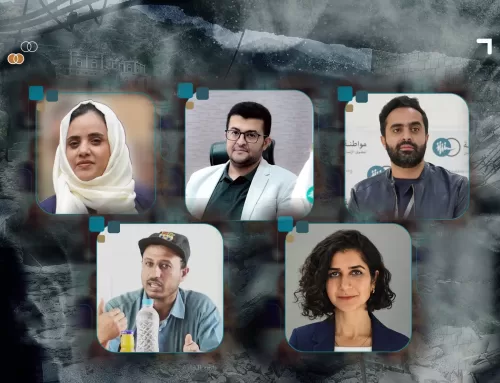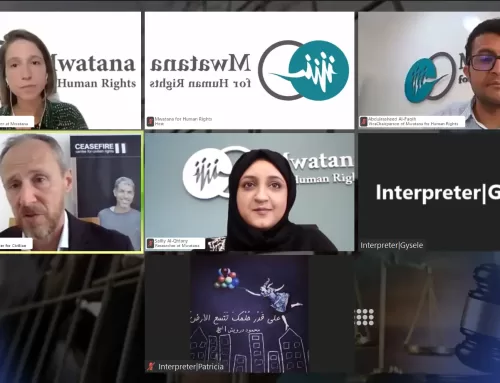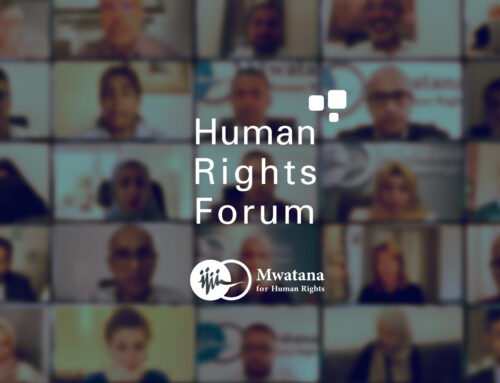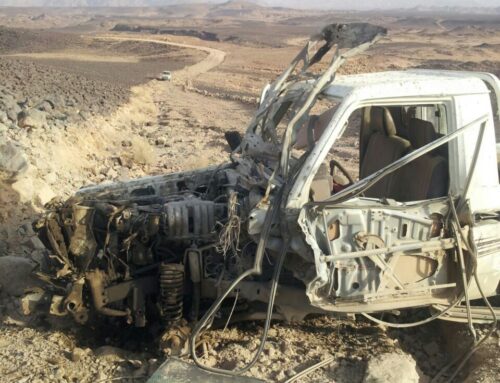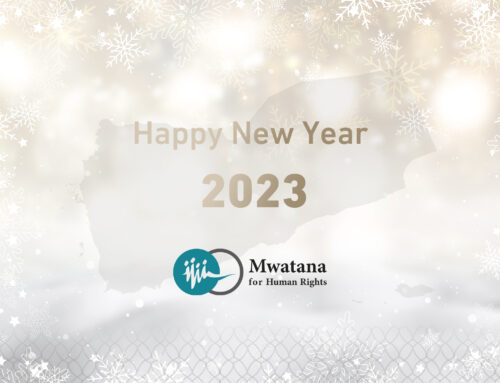Oral Statement
February 9, 2022
Radhya al-Mutawakel, Chairperson, Mwatana for Human Rights
Members of the Senate Judiciary Committee, thank you for inviting me to speak with you all today. My name is Radhya al-Mutawakel, I am joining you from Yemen, my country that is known today as the worst humanitarian – man made- crisis in the world.
I am the chairperson of Mwatana for Human Rights. We are more than 100 men and women working all over Yemen, including documenting human rights abuses by all parties to the ongoing conflict.
In addition to all the dangers Yemenis are facing today—from Saudi/UAE-led Coalition airstrikes, to indiscriminate shelling by Ansar Allah, to starvation—Yemenis continue to face the risk that the United States will carry out attacks that harm their loved ones in the name of countering terror. Today, I would like to share with you the impact of these attacks, through the eyes of myself and my team.
I first documented the devastating civilian consequences of U.S. operations in Yemen back in 2013. Abdulrasheed Alfaqih, the executive director of Mwatana, and I documented nine U.S. attacks that killed 26 civilians and injured 13 civilians between 2012 and 2014.
At the time, I remember, a father of whose civilian son was killed by a U.S. strike, told us: “They just kill. They don’t know what havoc their missiles have caused. They are unaware of the suffering they create for our families.”
Almost ten years later, another father of another civilian killed by the US in Yemen told Mwatana’s researcher: “We tried more than once to make our voice heard… asking the US to come and check… but nobody wanted to hear us.”
Last year, Mwatana published a new investigation into U.S. lethal operations in Yemen. Our researchers interviewed 69 witnesses, survivors, and family members. They collected photographs, videos, medical records, and government documents. We found that 12 U.S. operations killed at least 38 civilians—including 13 children—and caused other types of grave and long-lasting harm, between 2017 and 2019.
In an effort to seek justice, Mwatana, along with the Columbia Law School Human Rights Clinic, sent more than 150 pages of evidence highlighting the civilian impact of U.S. attacks to U.S. Central Command.
U.S. Central Command’s responses—which came many months after our submissions—were completely insufficient. Out of all of the civilian harm Mwatana documented, U.S. Central Command only acknowledged one new civilian casualty. The U.S. military did not identify this civilian by name, but we knew who it was: Saleh Al Qaisi, a father of six children, and was killed while visiting home.
It’s hard to know what would ever be enough to convince the US military to address the civilian harm it has caused in places like Yemen. Our researchers spent years gathering evidence in remote areas, facing significant risk. After all that, the US military dismissed most of the cases and refused to provide any remedies or accountability whatsoever.
After we heard from the U.S. military, we called the families of the victims. We heard the disappointment in their voices. We had to tell Saleh Al Qaisi’s son that while the U.S. acknowledged that his father was a civilian, they would do nothing about it. No public apology, no reparations, no justice.
U.S. attacks in Yemen, drone strikes or ground raids, have led to more poverty in some of the poorest areas in Yemen. These areas don’t have hospitals or proper schools. Many don’t even have electricity or regular access to water. And they have asked—how is it that the U.S. can reach us with the most advanced military technology, before even electric cables can reach us?
The impact of U.S. attacks is more than numbers can show. There are painful pictures that will flash before my eyes and the teams’ eyes for the rest of our lives.
A grandmother fainting after seeing the body of her 17-year-old grandson.
An adult son gathering his mother’s remains, while a husband rushed to get his pregnant wife to the hospital, watching her die.
A mother found dead, clutching her child.
Another mother finding her 14-year-old son’s body on fire.
There are two decades of stories like these.
In almost all the interviews conducted by Mwatana, victims and their families have called for investigations and accountability. They’re still waiting.
Regardless of which president or party has controlled the White House, the United States has never fully investigated the civilian cost of its operations in Yemen, and has never provided civilian victims the acknowledgment, apology, justice and reparations they are owed. Twenty years after the US began its secret and unaccountable killings in Yemen, the U.S. should, at long last, change towards a rights-respecting course.
Thank you for listening


